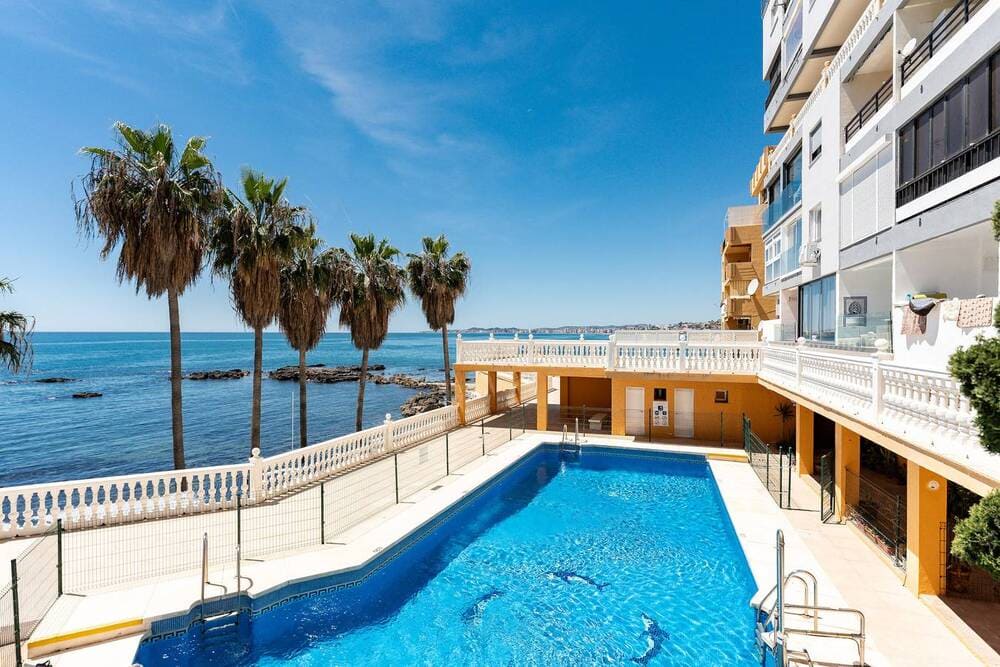Starting July 2025, Spain will implement a new national register for short-term and seasonal rentals. This initiative, led by the Ministry of Housing and Urban Agenda, aims to enhance transparency in the rental market, facilitate oversight of short-term accommodations, and ensure compliance with both national and EU regulations. But what exactly does the new register involve, and how will it impact property owners, landlords, and rental platforms? Here’s everything you need to know.
What is the National Short-Term Rental Register?
The new register is not just another bureaucratic step. It is a nationwide database where all properties offered for short-term stays (including vacation and seasonal rentals) must be listed.
The main goal is to give authorities a clearer picture of the actual rental supply, protect consumers, and ensure that accommodations meet all legal standards. For property owners, it means registering their properties, but it also opens the door to a fairer and more professionalized market.
Why is the Register Being Introduced?
The rise of digital rental platforms and the growing popularity of short stays have created a market that is difficult to regulate. Until now, each autonomous community applied its own rules, resulting in major regional disparities.
Moreover, the European Parliament and Council have passed legislation requiring member states to collect and share data related to short-term rentals. Spain is fulfilling this obligation by launching a national digital platform where all rental data will be centralized and standardized.
In short: the register is about creating order, oversight, and protection for everyone involved.
Who Does the Register Affect?
The register applies to:
Property owners renting out homes for vacation or short-term stays.
Digital rental platforms such as Airbnb, Booking.com, and similar.
Companies offering short-term rental services.
According to the new rules, every property offered for temporary rental must be registered and assigned a unique registration number in order to be advertised and legally operated.
How to Register a Property
Registering a vacation or seasonal rental will be a straightforward process:
- Access the national digital rental platform through the official website of the Ministry of Housing and Urban Agenda.
- Complete the online form with details about the property, type of rental, category, and management method.
- Receive a unique registration number identifying the property.
This process will streamline the collection and sharing of information between national and European authorities.
When Does the Register Come into Effect?
Registration will become mandatory on July 1, 2025. However, the online platform will open earlier, on January 2, 2025, allowing property owners to start registering in advance.
This transition period is crucial: any listing published without the corresponding registration number could be removed, and owners could face fines.
Which Rentals Must Be Registered?
All short-term and seasonal rentals intended for tourist use must be registered, including:
Homes rented to tourists for days or weeks.
Properties listed as vacation rentals.
Services offering short-term accommodation.
Long-term urban rentals, which fall under Spain’s Urban Leases Law, are excluded from this requirement.
Importance of the Registration Number
The registration number will be essential for legal operation. Each registered property will receive a unique number that must be clearly displayed on:
Listings on vacation rental websites.
Ads posted on websites or social media.
Rental contracts with guests.
This system will help users identify legal accommodations, improve transparency, and crack down on illegal rental offerings.
What Happens if I Don’t Register My Property?
Failing to register a short-term rental could result in:
Financial penalties.
Removal of listings from digital platforms.
Being barred from operating in the short-term rental market.
The regulation also introduces new control mechanisms through the competent movable property registry and the national digital platform, making data sharing between authorities more efficient.
Benefits for Property Owners
While it may seem like an extra administrative step, the new register offers several advantages for landlords:
Increased visibility and trustworthiness for their listings.
Legal protection by complying with the regulations.
Easier access to rental platforms.
Simplified processes through the centralized digital platform.
Moreover, proper registration can serve as a safeguard in case of disputes or legal claims.
What Role Does the Association of Registrars Play?
The Association of Property Registrars will oversee the management of the register. Their responsibilities will include:
Ensuring the correct registration of short-term and seasonal rentals.
Issuing the unique registration numbers.
Handling suspended or revoked registrations in cases of non-compliance.
The rental information system will allow authorities to monitor property statuses and maintain quality standards in short-term accommodation services.
Key Dates to Remember for 2025
January 2, 2025: Opening of the national digital platform to begin registrations.
July 1, 2025: The new register becomes mandatory.
It’s highly recommended not to wait until the last minute and to ensure all required steps are completed well in advance.
The Future of Short-Term Rentals in Spain
The creation of the national rental register marks a significant step toward regulating the vacation and seasonal rental sector. The goal is to professionalize the market, combat illegal offerings, and enhance the quality of short-term rental services.
Both property owners and rental platforms will need to adapt to this new, more competitive and regulated environment. Registering your short-term rental through the new digital platform will be essential to ensure legality, visibility, and peace of mind.
Do you have a vacation rental in Benalmádena or Torremolinos and need to obtain your registration number? Don’t leave it until the last minute, we’ll guide you through the process.






